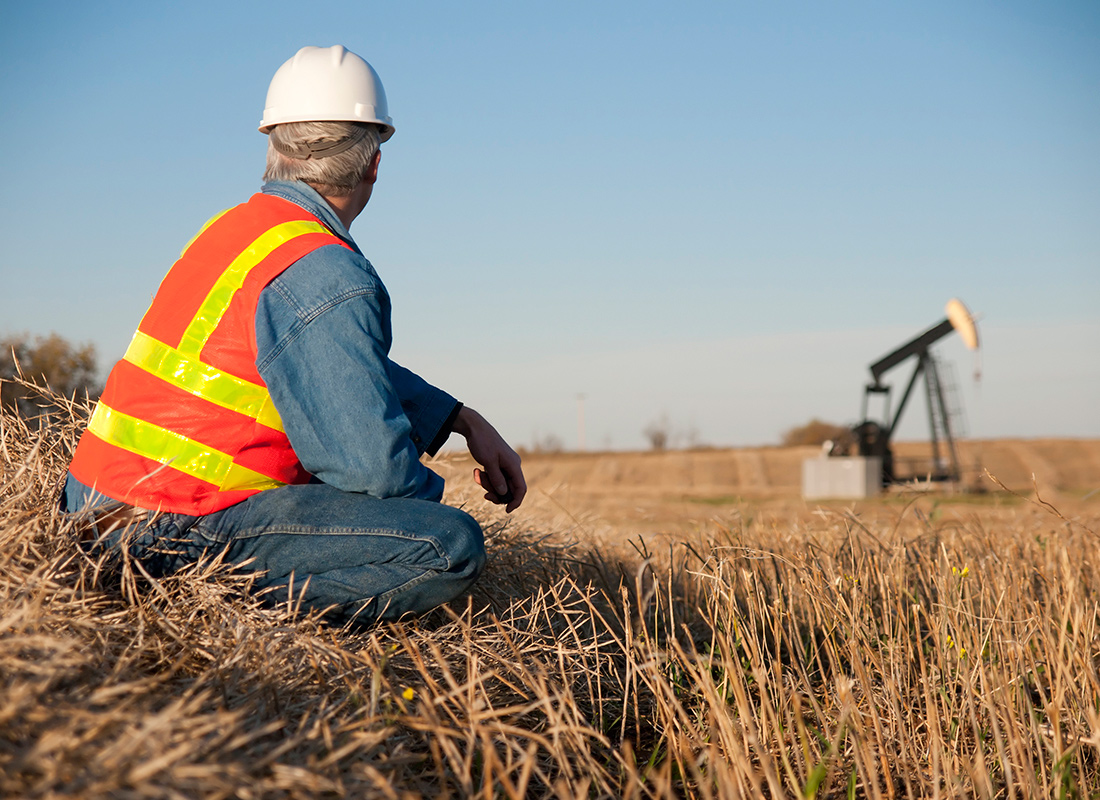All Categories
Featured
Table of Contents
Geophysical Survey in Singleton Oz 2021
This work is significantly contracted out, so consultancies supply another source of work. Consultancy companies differ in size, from really small companies to big multinationals. Some consultancies are quite specialised in utilizing specific geophysical strategies or operating in particular places, while others offer a more diverse range of services to their clients.
The extraction of gas from garbage dump websites is another area of work and this might grow in the future. Exploration companies might undertake work for construction companies, public utility, mining companies and environmental agencies, so geophysicists might be used in any of these settings. Other companies consist of: geological surveysgovernment bodies and agenciesuniversities and research institutes.


Vacancies might be listed in the oil and gas sector press. Recruitment is affected by oil rate fluctuations and the level of competition for positions differs depending on this. Careers Days, which cover the full variety of geoscience professions and are generally participated in by a number of crucial industry employers, are run by The Geological Society.
Geophysical Prospecting in Manning Aus 2023
Some of the big oil and gas companies provide a full two-year structured training program across the breadth of geophysics, consisting of the opportunity to experience work in various teams prior to specialising in one area. Your training may consist of deal with: existing wellsmagnetic and gravitational possible field information analysisresearchrock analysis. However, it's more typical for your preliminary training to be supplied on the job.

There might be a probationary duration during which you work alongside a knowledgeable coworker. Competency-based appraisals occur frequently in a lot of firms. In smaller firms, and for academic posts, there is unlikely to be any formal training - you'll be anticipated to start work straightaway and choose up abilities as you go along.
If you work for a smaller company, you may find that you require to take duty for arranging and moneying your own development and training. If you have a geology degree, subscription of The Geological Society can be beneficial for networking and for keeping up to date with the market.
Geophysicist Bob Embley: Ocean Exploration Careers in Bellevue WA 2021
You might likewise find it helpful to sign up with the PESGB (The Petroleum Expedition Society of Great Britain, which has a geophysics special interest group. After a probationary period, and once you have actually gotten some experience, you could advance to senior geophysicist, then team leader and after that into a senior function in management.
The ease of movement between roles depends on the business structure. Research study at Masters or Ph, D level in a subject related to geophysics or geosciences might help with your profession advancement and development. The work market within the oil and gas market is really dependent on cost and this may impact your opportunities for career development.
For knowledgeable geophysicists, freelance consultancy provides a good path for profession development. As a geophysicist, you're most likely to have a number of tasks throughout your working life.
Geophysicist: Job Description, Duties And Requirements in Joondalup Aus 2023
From geophysics, it's possible to focus on seismology (finishing more training to end up being a seismic interpreter) or to move into associated locations such as engineering geology or hazard prediction.
Choosing what to study in college is a difficult choice. Even if you know that your field of interest lies in science, what program of research study is right for you?
The first step to attaining your goal of ending up being a geophysicist is making a degree. Even for entry-level positions in the field of geoscience, you'll need a bachelor's degree (a geophysicist college degree) from a certified college or university. Geophysicists need to be able to: examine rocks, photos, and other pieces of data perform research both in the field and in laboratories produce maps and charts of their findings write reports To accomplish all this, students require a specialized education for geophysicist professions.
As mentioned above, you'll need a bachelor's degree in geoscience or a related discipline, such as a physical science or a life sciences, to land an entry-level job. However trainees can also prepare by majoring in subjects like: Biology Chemistry Computer technology Engineering Mathematics Physics The above geophysicist majors offer a more generalized method to a single clinical discipline, but many programs require students to take one or more geology course.
Latest Posts
Geophysical Survey In Archaeology in Neerabup Australia 2022
Geophysicists in Glen Forrest WA 2020
Geophysical Survey in Lockridge Oz 2023